Kenya
In a major policy shift, newly elected Kenyan President William Ruto’s government has authorised the cultivation and importation of genetically modified crops and animal feeds, bringing an end to a 10-year ban.
The announcement came as the country experiences its worst drought in 40 years. It’s estimated that at least 4 million people are going hungry in 23 counties, forcing the government to provide them with food relief.
Health concerns
Kenya had been reluctant to approve the import and planting of GM crops amid ongoing concerns about possible health risks.
They are, however, said to offer several advantages such as higher yields and resistance to droughts and pests, which is why Ruto's government has turned to GM crops in the hope that they will result in bigger harvests.
New vision for agriculture
The authorities say they want to ‘significantly redefine agriculture in Kenya’, and reduce its dependence on water-intensive agriculture by planting crops that are drought resistant.
Agriculture is a pillar of the Kenyan economy, accounting for 20% of GDP. With this decision, it becomes the second country on the continent after South Africa to authorise GM foods.




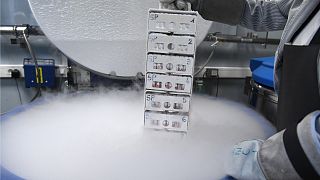
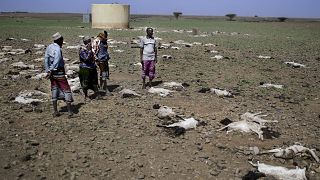

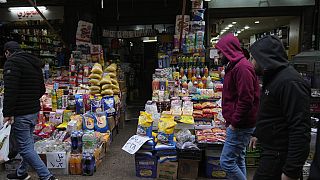
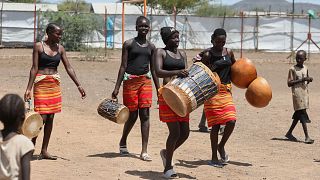
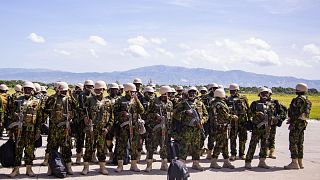



00:52
Nigeria’s Peter Obi to contest 2027 election, opposition coalition in jeopardy
Go to video
Cameroon’s Tourism Minister joins presidential race as Biya’s silence fuels uncertainty
00:28
Nairobi hawker shot at close range by police declared brain dead
00:48
Death toll in Kenyan anti-government protests rises to 16, says rights group
Go to video
INTERPOL seizes $65M in fake drugs, arrests 769 in largest-ever global crackdown
01:40
Kenya protests turn violent as court, activists demand justice for victims of police brutality